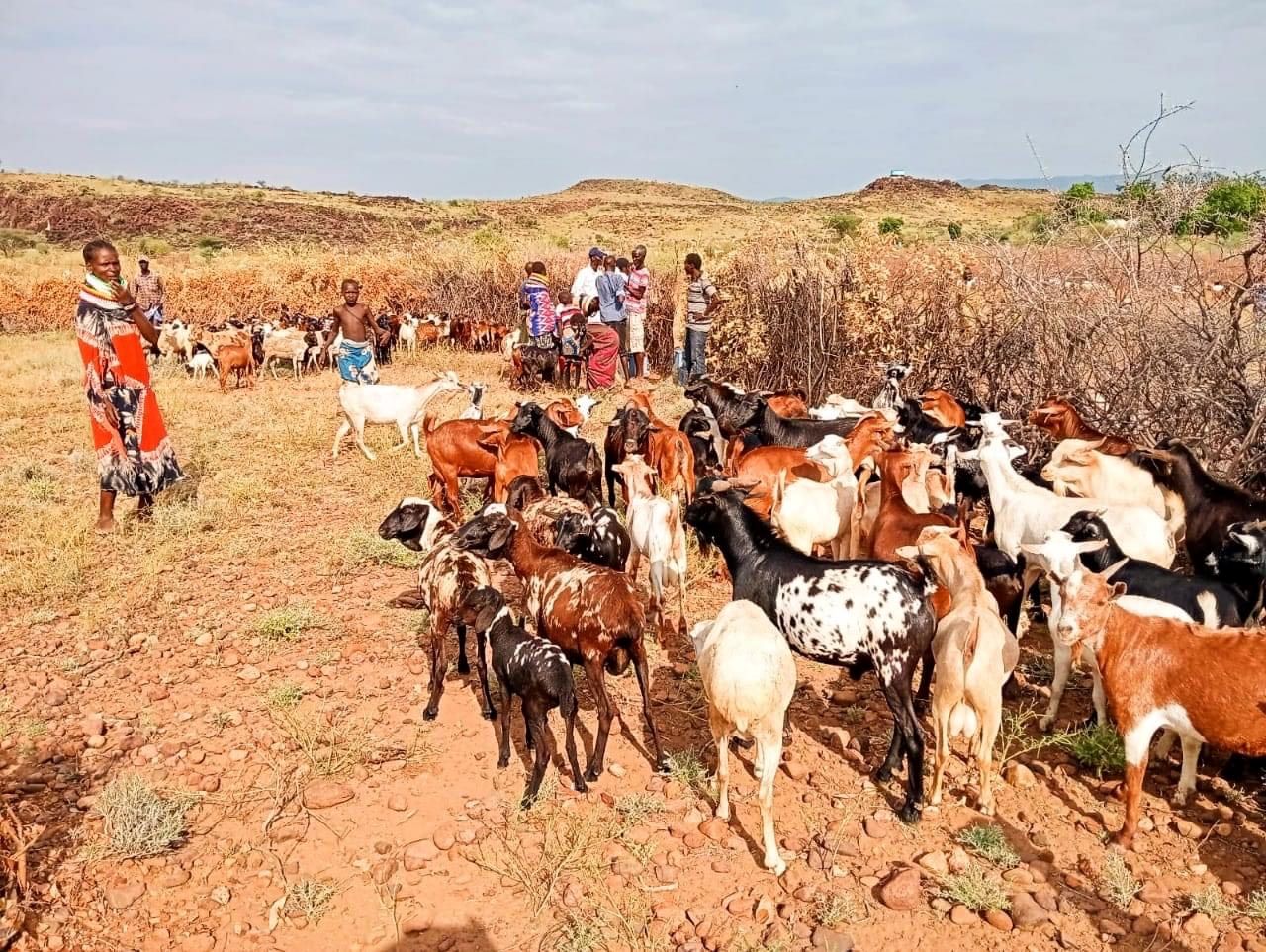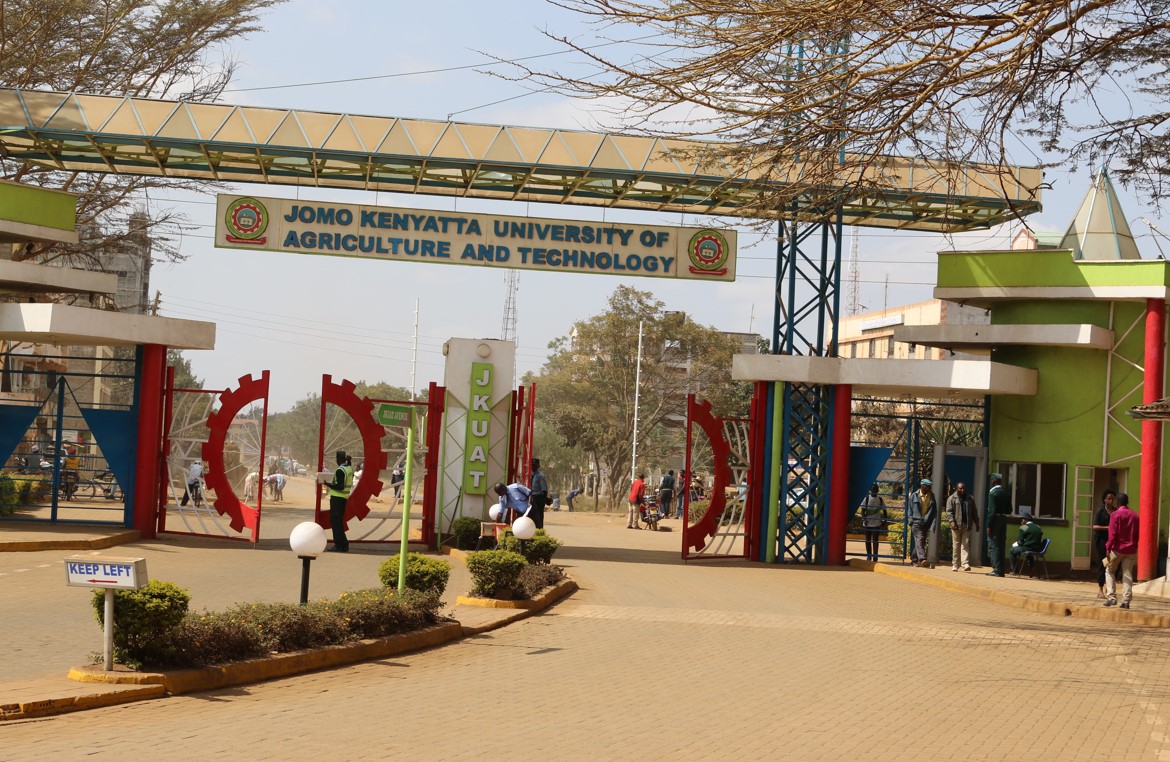Turkana County launches livestock vaccination drive following disease outbreak

1,993 cattle and 11,607 goats have been vaccinated and treated against the diseases, covering 122 households at Kokuro, Meyan, Liwan, Merikuka, and Nasekona.
Veterinary officers in Turkana County embarked on a livestock vaccination and treatment exercise on Thursday following an outbreak of diseases in Turkana North and Kibish Sub County.
Dr Ezekiel Etelej, the County chief officer for livestock development said the vaccination and treatment exercise was a result of a surge in livestock diseases that was reported by technical teams and Community Disease Reporters(CDRs) after conducting a routine animals survey and collecting reports from local livestock keepers.
More To Read
- Rift Valley fever: What it is, how it spreads and how to stop it
- Ministry of Agriculture set to launch e-voucher system for livestock vaccination
- Kenya to produce 70 million livestock vaccine doses annually by 2027
- Africans survived 10,000 years of climate change by adapting food systems – Study offers lessons for modern times
- Kenya launches 10-day vaccination drive to curb typhoid, measles outbreaks among children
- Garissa launches 10-day livestock vaccination campaign in Dadaab refugee camps
"The affected areas have experienced a rise in cases of lumpy skin disease in cattle, as well as sheep and goat pox, and contagious bovine and caprine pleuropneumonia, prompting, urgent intervention," said Dr Etelej.
1,993 cattle and 11,607 goats have been vaccinated and treated against the diseases, covering 122 households at Kokuro, Meyan, Liwan, Merikuka, and Nasekona.
 A cow infected with lumpy skin disease in Turkana. Photo: Issa Hussein
A cow infected with lumpy skin disease in Turkana. Photo: Issa Hussein
The County director for veterinary services Dr Benson Longor, also revealed that livestock within the Kenya-Ethiopia border areas of Liwan and Natodomeri were also affected.
He called for the need to synergize efforts with the neighbouring Ethiopian government to conduct cross-border joint livestock vaccination and treatment in line with the existing IGAD protocol of information sharing aimed to enhance cross-border livestock disease control.
Dr Benson said the joint effort will help to curb the spread of the highly contagious diseases that may cause transboundary disease outbreaks within neighbouring countries.
In Sept 2021, the IGAD Center for Pastoral Areas and Livestock Development(ICPALD), a specialised institution established by a decision of the 45th Ordinary Session of the IGAD Council of Ministers on 12th July 2012, facilitated the signing of a cross-border MoU by ministers to enhance control of transboundary animal diseases.
The initiative helped to create a synchronised livestock vaccination and reduce outbreaks of transboundary animal diseases in cross-border areas, hence contributing to sustained cross-border livestock trade.
Top Stories Today

















































